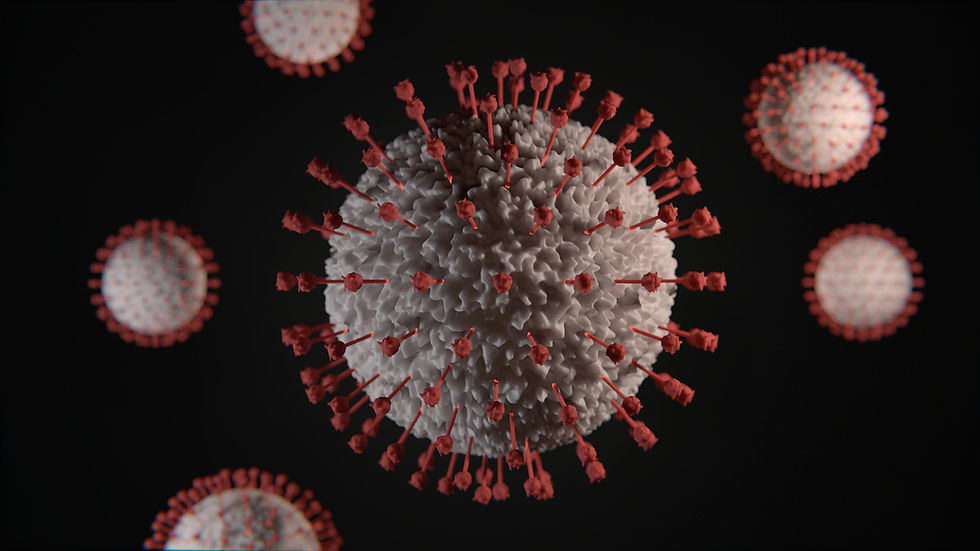
Common Causes
Bacteria
Like most cases of food poisoning, traveler’s diarrhea is usually caused by ingesting food or water contaminated with bacteria.
The most common cause of traveller’s diarrhea is bacterial infection, accounting for approximately 80–90% of cases.
The main pathogen is Escherichia coli (ETEC), although other bacteria such as Shigella, Salmonella, Campylobacter jejuni, and Aeromonas have also been implicated.
Viruses
Viral causes include norovirus and rotavirus.
Parasites (Protozoa)
Protozoal pathogens such as Giardia lamblia, Entamoeba histolytica, and Cryptosporidium are less common but can cause prolonged symptoms.

Traveller’s Diarrhea
Traveling and exploring new destinations is a thrilling experience, but it occasionally comes with an unwanted and unpleasant side effect—traveler’s diarrhea. Especially common in people traveling to developing regions, this condition is not just an inconvenience, it can be dangerous if not managed properly. By understanding its causes, symptoms, and preventive measures, you can help ensure your journey stays memorable for the right reasons.
What Is Traveler’s Diarrhea?
Traveler’s diarrhea is a digestive tract disorder that presents during or within the first few days of travel. It is more prevalent in developing regions such as countries in South Asia, Africa, Latin America, and the Middle East. It is characterized by the passage of three or more loose stools in 24 hours and is usually associated with signs of an upset stomach, such as cramps, bloating, nausea, or even fever.
Although traveler’s diarrhea is generally mild and self-limiting, it can quickly become life-threatening if proper measures to correct dehydration are not taken. The risk of serious complications is especially high in children, older adults, or those with weakened immune systems.
Mode of Transmission
Transmission typically occurs via the fecal–oral route such as:
-
Ingestion of contaminated food or water.
-
Inadequate hygiene standards in food preparation
-
Handling contaminated objects or ingesting contaminated water during recreational water activities
-
Consuming raw fruits or vegetables washed in unsafe water
Risk Factors
While traveler’s diarrhea can affect anyone, there are certain factors that may increase your risk of acquiring this condition:
-
Traveling to high-risk areas with inadequate sanitation
-
Eating food from street vendors
-
Consuming raw or undercooked foods
-
Having a compromised immune system
-
Using antacids or proton-pump inhibitors that lower stomach acid and reduce natural defense mechanisms
Prevention Tips
Good hygiene and making conscious food choices can drastically reduce your risk:
-
Drink bottled or properly boiled water
-
Stick to hot, well-cooked foods
-
Avoid raw salads or undercooked meats.
-
Wash your hands frequently or use alcohol-based sanitizers.
-
Brush your teeth with bottled water.
-
Peel fruits yourself rather than eating pre-cut produce.
It is not advisable to take prophylactic antibiotics due to the risk of developing resistance. But it can be considered for high-risk individuals after consulting a physician.

Treatment and Recovery
Traveler’s diarrhea is a self-limiting condition that usually resolves by itself within 3–5 days without the need for prescription medications. However, it should be actively managed with supportive treatment to prevent or correct dehydration.
Hydration
Oral rehydration salts (ORS) help replenish lost fluids and electrolytes.
Over-the-counter antidiarrheals
Loperamide can offer temporary relief but should be avoided if there is a high fever or bloody stools.
Antibiotics
In moderate-to-severe cases or if symptoms continue to persist, a short course of antibiotics like ciprofloxacin or azithromycin may be taken.
If your symptoms last more than a few days, worsen, or include high fever, blood in stool, or signs of severe dehydration, it is extremely important to seek medical treatment immediately.
Traveler’s diarrhea is a common self-limiting condition that can be fatal if neglected. Management mainly involves adequate hydration and oral antibiotics in severe cases. However, it is best to take appropriate measures to prevent this condition from occurring in the first place and ruining your trip. By taking a few precautions and with a bit of planning, you can significantly lower your risk and enjoy your travels with peace of mind.
